Owner of Minh Hien shrimp salt facility shares experience in making salt.
In recent times, the Department of Science and Technology (KH&CN) has presided over, together with departments, branches, sectors and People's Committees of districts, towns and cities, building brands for the province's special products and craft village products. Up to now, the Intellectual Property Office has granted registration certificates for 3 special products bearing the province's geographical names: "Ba Den" geographical indication for custard apple, Trang Bang dew-dried rice paper and Tay Ninh chili salt; 3 local collective brand products, including: Hoa Thanh longan, Thanh Bac four-season mango, Loc Trat wild vegetables.
To continue promoting activities to create intellectual property for local specialty products, the Department of Science and Technology advised the Provincial People's Committee to approve the implementation of the provincial-level science and technology task, the topic "Building, managing and developing the certification mark " Tay Ninh Beef" for products and services from cows raised and raised in Tay Ninh province".
Advised the Provincial People's Committee to propose and was approved by the Ministry of Science and Technology for a national-level task under the Intellectual Property Development Program to be implemented from 2022 on "Building, managing and developing geographical indications for peanut products in Tay Ninh province".
Advise the People's Committee to allow Bau Don Fruit Cooperative to use the place name "Bau Don" to register collective trademark protection for durian products, thereby improving competitiveness and creating trust and reputation for local durian products among consumers inside and outside the province.
On the other hand, the Department of Science and Technology has granted 4 certificates of rights to use the geographical indication "Ba Den" for custard apple products to 4 organizations and individuals to promote the intellectual property value of the "Ba Den custard apple" fruit product bearing the geographical indication; organize booths to participate in promoting specific products at events on connecting supply and demand...
In addition to the achieved results, the development of intellectual property associated with products bearing local geographical names still faces some difficulties. Most production facilities and business households are small; the cooperative model has not operated effectively, has not attracted voluntary participation of production facilities, and has not formed associations to receive, use and develop brands for products, leading to the value of products and the value of intellectual property of products not being enhanced.
In addition, the recognition time (by the Intellectual Property Office to grant certificates) for product brands often takes longer than expected, which also causes obstacles in building brands for specific and characteristic products...
Ms. Le Thi My Van - owner of Tay Ninh My Van shrimp salt facility (Trang Bang town) said that the facility was established in 1993. The Department of Science and Technology explained and guided her on how to protect the brand, thereby bringing the product to the market and gradually affirming the brand.
Currently, the facility has products such as shrimp chili salt, vegetarian chili salt, in addition to pepper salt, lemongrass salt; the consumption output is about 2 tons/month. There was a time when the facility's chili salt products were exported to Japan, the US, and Canada in large quantities, however, after the Covid-19 pandemic, her chain was broken, so now the products are mainly consumed domestically.
According to Ms. Van, to preserve and develop Tay Ninh specialty brand products, the input materials must be carefully sourced; the production process must ensure food safety and hygiene. She hopes to establish a chili salt cooperative to link producers, input and output products with stable quality, methodical management, aiming to export products.
According to Ms. Le Thi Thanh Thuy - owner of Trang Bang wild vegetable and dew-dried rice paper business (Loc Trat quarter, Gia Loc ward), although some machines have been equipped for the rice paper production process, the dew-dried stage still depends mainly on the weather. On rainy days, the rice paper cannot be dried, affecting the production progress. "When it rains, the rice paper cannot be dried. If water gets in, the rice paper will disintegrate. I am researching a machine that can overcome this limitation, softening the rice paper, making it less difficult to dry in the rain," Ms. Thuy said.
Ms. Tran Hong Hanh - owner of Minh Hien shrimp salt facility (Loc Du quarter, Trang Bang ward) said that her facility's products have been on the market for over 20 years. She wants to register her shrimp salt trademark to contribute to making Tay Ninh specialty products known to many people, thereby, fighting against counterfeit, fake and poor quality goods.
According to the Department of Agriculture and Rural Development, although the potential for the province's specialties is huge, the development of these products still faces many difficulties. Limitations in marketing, promotion, and branding are barriers that prevent Tay Ninh specialties from becoming products with high economic value.
Supermarkets require products to have origin, origin, and trademarks protected by authorities, while most specialty products are produced by small-scale establishments, so they are almost never registered for protection. In addition, the sources of specialty products are still developing spontaneously, produced in a fragmented manual manner, with outdated technology, which greatly affects quality. At the same time, due to seasonal production, passive production, and processing, the supply of goods is unstable, leading to low production, business efficiency, and product competitiveness; consumption, especially export, faces many difficulties.
To develop Tay Ninh specialty brands sustainably and far-reachingly, it is necessary to strengthen communication work in various forms on mass media from the province to the grassroots; on electronic information pages in the form of newsletters, topics, stories with images...
In addition, build a consulting system, support partners for implementation; train human resources; produce high-tech agricultural products, agricultural products towards food safety and organic for businesses, farm owners and households. Functional sectors build policies on supporting production development, tourism development, science and technology, agricultural extension, industrial extension, trade promotion, start-up programs...
Mr. Nguyen Dinh Xuan - Director of the Department of Agriculture and Rural Development said: "Production enterprises need to increase their linkage activities and promote their products in provinces and cities with large consumer markets. To do this, the State needs to preside over communication programs and promote the province's specialty brands; support funding from the budget for programs connecting localities to form a system of supply and distribution of goods, ensuring the supply chain of goods with clear origin and quality...
In addition to the support of the State, enterprises in the production process need to develop clear, long-term plans with specific goals, instead of making annual plans. At the same time, establish and promote the distribution system through regional specialty distribution centers, thereby boosting product consumption in the domestic and export markets.
In the coming time, the agricultural sector will strongly implement the One Commune One Product program in the province for the period 2021-2025. On the other hand, support for production development through policies such as: supporting funding for linking production and consumption of agricultural products, supporting interest rates for developing good agricultural practices, high-tech agriculture, organic agriculture; supporting cooperatives, cooperative groups, linkage groups, individuals, and households on policies to support the application of good agricultural practices in agriculture and aquaculture; list of important industries and products that need to be encouraged and prioritized to support the implementation of linking production with consumption of agricultural products in the province...
In addition, organize trade promotion programs inside and outside the province such as: Tay Ninh bird's nest conference; agricultural fair and OCOP products in the Central region; exhibition fair of OCOP products in the Southern region; exhibition fair of OCOP products in the Northern region.
According to the Department of Science and Technology, the Department will continue to disseminate and popularize intellectual property laws and policies; implement support policies on intellectual property registration according to Resolution No. 42/2022/NQ-HDND dated December 9, 2022 of the Provincial People's Council. Strengthen the coordination of relevant departments, branches and units in performing tasks, promoting and developing activities to create intellectual property for local products. In addition, take advantage of the support, assistance in expertise and resources of the Intellectual Property Office in the work of creating and implementing the development of intellectual property values for specific and characteristic products of the province.
Mr. Ha Minh Dao - Vice Chairman of Trang Bang Town People's Committee said: "In addition to continuing to implement support policies for businesses, organizations and individuals in developing OCOP branded products, the Town People's Committee will focus on investing in developing identified products, in which, paying attention to products with advantages and characteristics of the locality, associated with cultural factors and people in each area and region; gradually orienting, improving quality, enhancing innovation and creativity, especially for OCOP products reaching the national level to expand and promote the market.
On the other hand, promote the advantages of natural conditions, agricultural production, culture, and traditional craft villages to form unique rural tourist destinations; develop national-level OCOP products (5 stars) from a number of provincial-level OCOP products with high quality, output, and economic efficiency.
Truc Ly - Nhi Tran
Source link


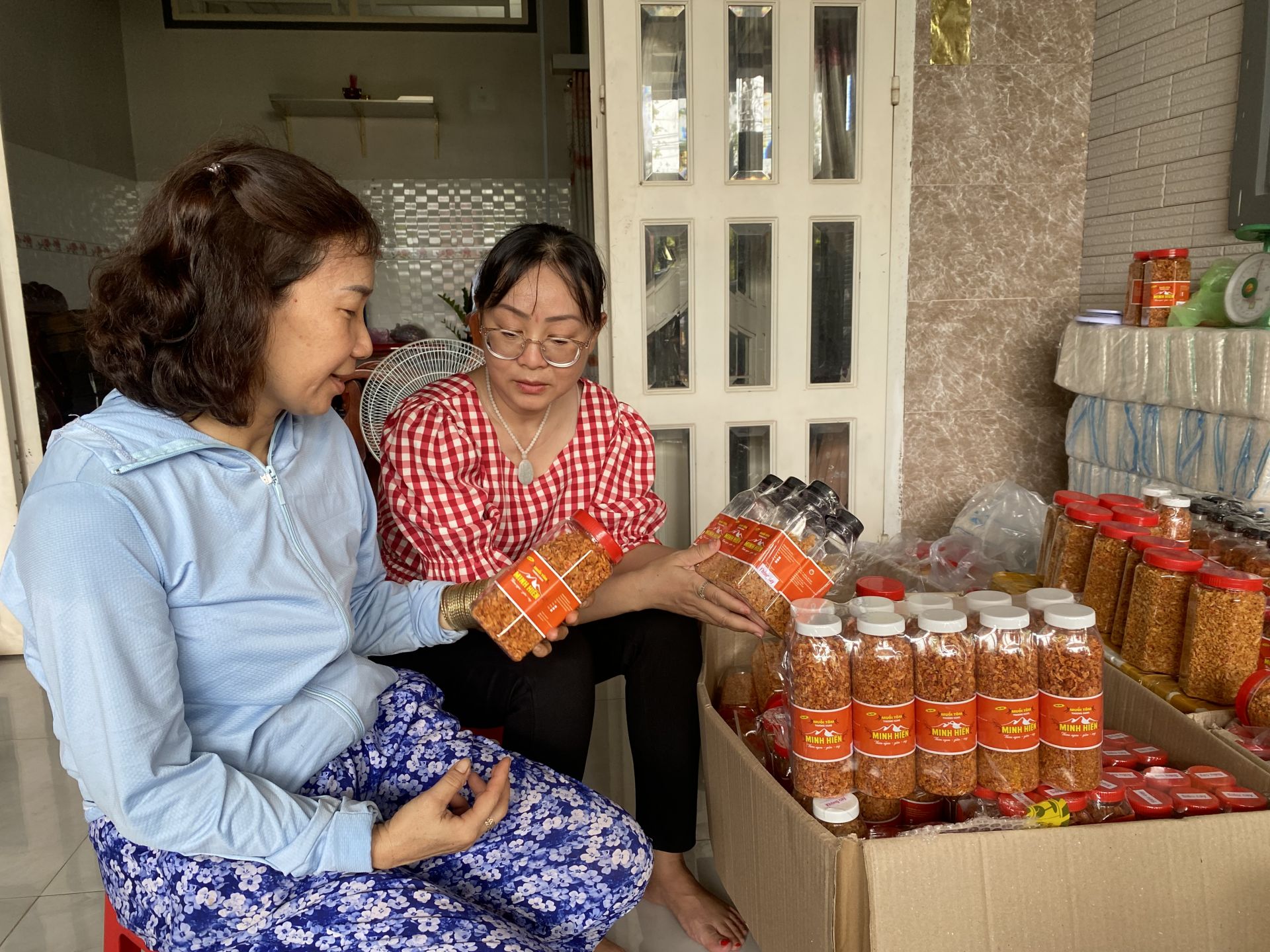
![[Photo] Welcoming ceremony for Prime Minister of the Kingdom of Thailand Paetongtarn Shinawatra on official visit to Vietnam](https://vphoto.vietnam.vn/thumb/1200x675/vietnam/resource/IMAGE/2025/5/16/cdd9e93739c54bb2858d76c3b203b437)

![[Photo] Prime Minister Pham Minh Chinh holds talks with Prime Minister of the Kingdom of Thailand Paetongtarn Shinawatra](https://vphoto.vietnam.vn/thumb/1200x675/vietnam/resource/IMAGE/2025/5/16/23b5dd1e595d429491a54e3c1548fb79)
![[Photo] The Prime Ministers of Vietnam and Thailand witnessed the signing ceremony of cooperation and exchange of documents.](https://vphoto.vietnam.vn/thumb/1200x675/vietnam/resource/IMAGE/2025/5/16/935407e225f640f9ac97b85d3359c1a5)

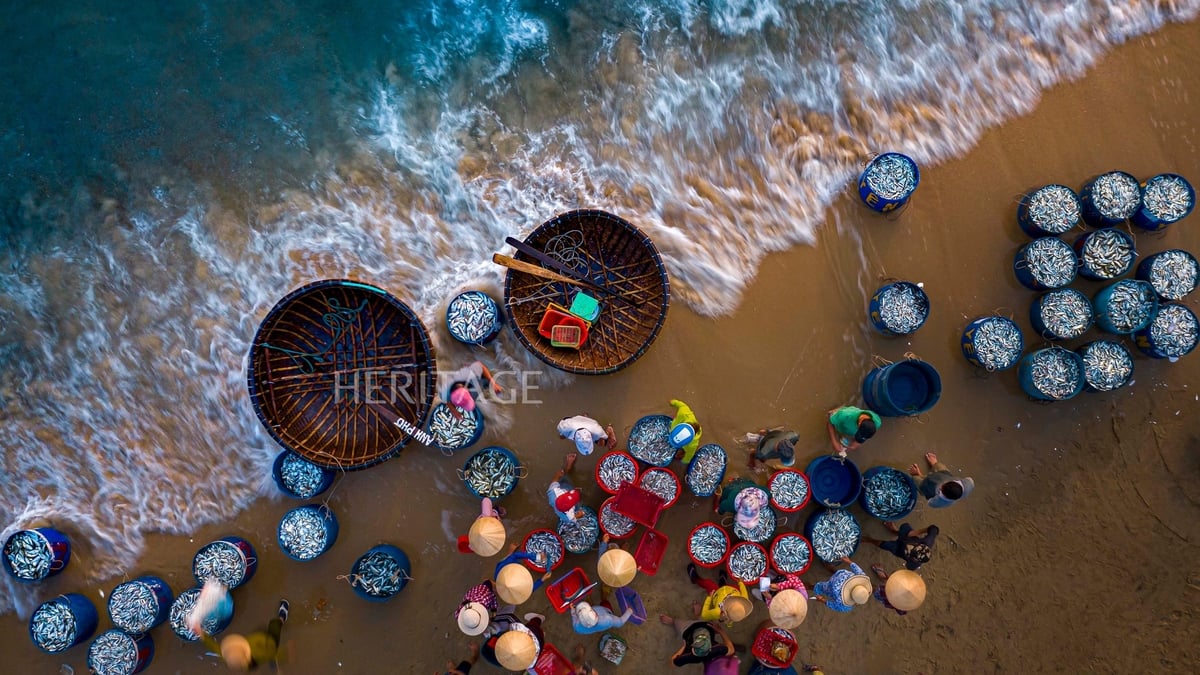
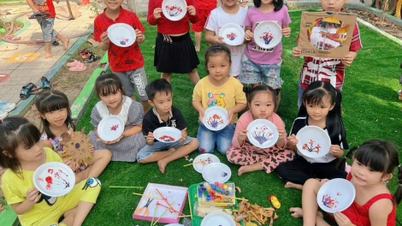

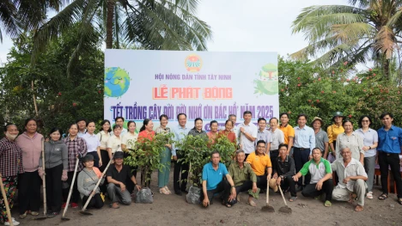

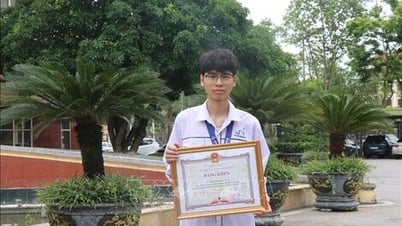





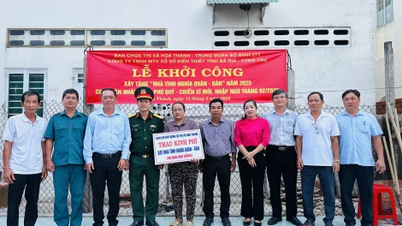
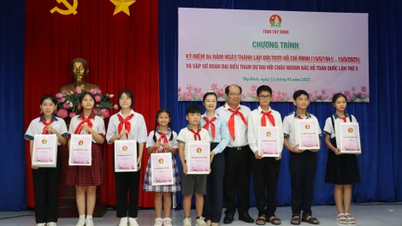
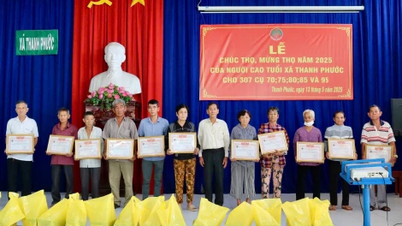












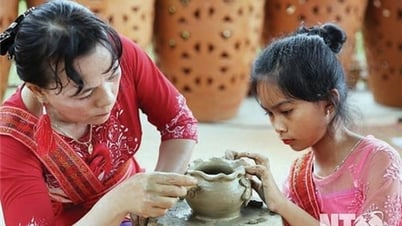










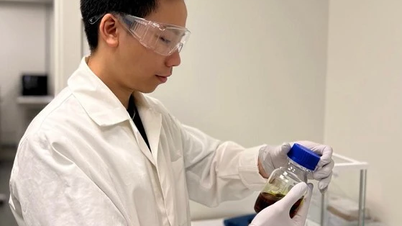























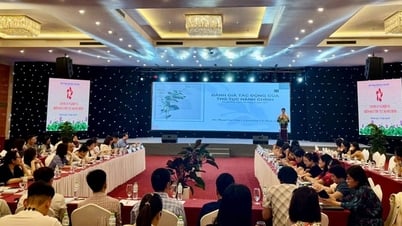
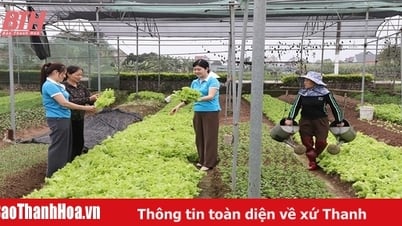

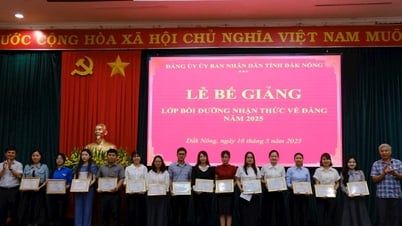


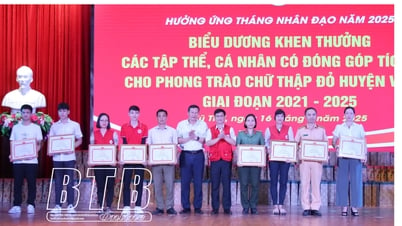

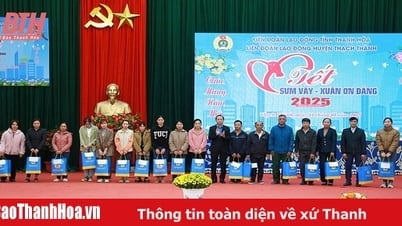












Comment (0)